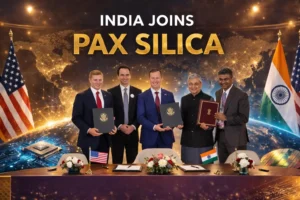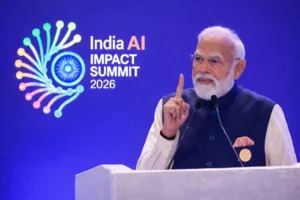
Introduction:
Tata Motors, India’s largest electric vehicle (EV) manufacturer, is poised for a significant shift in the automotive landscape. Co-executives express confidence in achieving price parity between EVs and internal combustion engine (ICE) vehicles within the next 12-18 months. This optimism is grounded in several key factors shaping the EV market.
Factors Driving Price Parity:
1. Declining Battery Costs:
The steady decline in lithium-ion battery costs, a primary component of EVs, contributes to the favorable outlook. This trend is expected to persist as advancements in battery production enhance efficiency.
2. Economies of Scale:
Tata Motors, already a major player in India’s EV sector, stands to benefit from economies of scale as EV production expands. This ramp-up in production will further reduce costs, fostering a more competitive market.
3. Government Incentives:
Government incentives, including subsidies and tax breaks, play a pivotal role in making EVs more accessible to consumers. Tata Motors aligns with India’s push for green mobility by leveraging these incentives to enhance affordability.
Ambitious Targets and Strategic Investments:
Tata Motors aims to have 50% of its vehicle lineup as EVs by 2030, a substantial increase from the current 15%-16%. To realize this vision, the company is channeling significant investments into EV development, marketing, and expanding its dealership network dedicated to electric vehicles.
Aligning with National Objectives:
Tata Motors’ ambitions align seamlessly with the Indian government’s target of having 30% of all vehicles on Indian roads as electric by 2030. If the company successfully achieves its targets, it not only solidifies its position as a key player in the burgeoning Indian EV market but also emerges as a major global contender in the electric vehicle landscape.
Conclusion:
Tata Motors’ strategic approach to EVs reflects a synergy of technological advancements, market dynamics, and governmental support. The company’s commitment to ambitious targets underscores a pivotal moment in the automotive industry, with potential implications not only for Tata Motors but for India’s broader vision of sustainable and eco-friendly mobility.
Bringing you the latest updates on finance, economies, stocks, bonds, and more. Stay informed with timely insights.


























Be First to Comment